

Trump’s annus horribilis: The curse of the Wuhan ‘flu
OPINION: His final catastrophic year may yet prove he got one thing right.


OPINION: His final catastrophic year may yet prove he got one thing right.
A Trump revival is said to be already under way. Public opinion polls show dwindling support for President Joe Biden just eight months after his inauguration.
Despite being a bad loser, Trump has plenty of ‘I told you so’ ammunition, much of it hanging over from the Covid-19 pandemic year of 2020. America’s world standing was more damaged by the hasty exit from Kabul than anything during Trump’s term.
The southern border with Mexico is again under siege from hundreds of thousands of illegal immigrants. Urban crime is on the rise after the anti-police campaigns in the wake of the George Floyd killing.
Of course, Trump’s dire warnings about economic chaos haven’t occurred. But Biden doesn’t have full control over his legislative programme, and political dysfunction is just as entrenched in Washington DC as it has been for the past decade.
If Trump does aim for the Republican nomination in 2024, he would be advised to read I Alone Can Fix It, a detailed account of his final year in power by two Washington Post journalists, Carol Leonnig and Philip Rucker.
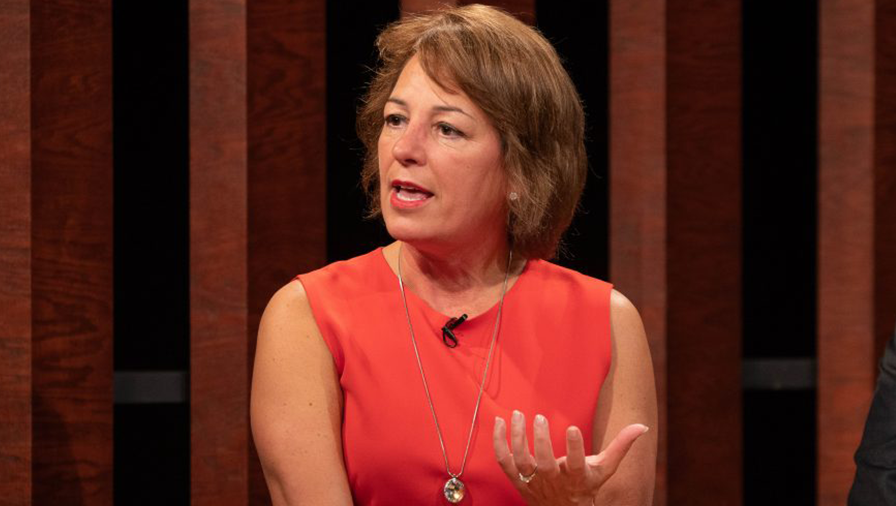
Pulitzer winning writers
Leonnig is a Pulitzer Prize winner for her reporting on the US Secret Service, which is also the subject of her recently published Zero Fail, reviewed here on September 2. Rucker also won a Pulitzer, along with Leonnig and other Post journalists, for reporting on Russia’s interference in the 2016 presidential election. They co-authored a previous book, A Very Stable Genius, on the first three years of the Trump administration.
Trump, who is said not to be a book reader, is unlikely to open either of them, given the irony in their titles. But he did welcome the opportunity to speak to them for several hours on March 31 this year at his Mar-a-Lago resort in Florida.
While wide-ranging and cordial, the published interview does not reveal any self-criticism of what is documented in the book’s previous 500 pages. It starts with a busy January: Trump was basking in the success of an operation that assassinated Iran’s top military leader and a trade deal that ended a dispute with China. Those were countered with the beginning of his first impeachment trial on January 16.
Two days later, he was alerted to the existence of a SARS-style coronavirus outbreak in Wuhan, China, and two days after that, he attended the World Economic Forum in Davos, Switzerland. Within the next week, he had banned travel from China, making the United States one of the first countries to do so.
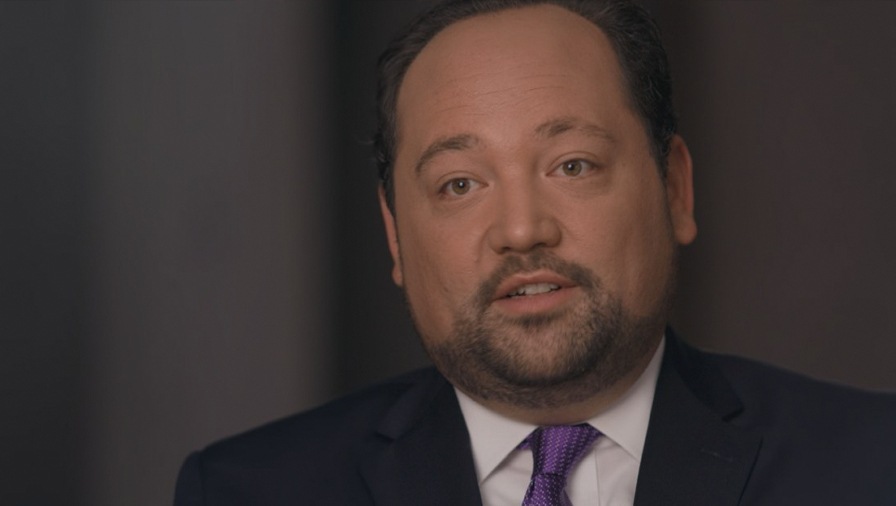
Re-election hopes
In early February, the Senate rejected the impeachment, a State of the Union display emphasised America’s military strength and innovation, and the polls showed a second Trump term was on the cards.
His supporters could point to many promised achievements: tax cuts for corporates and the rich; three appointments to the Supreme Court; increased military spending; tougher border enforcement; a peace accord in the Middle East; and withdrawal from or amendments to some international organisations and agreements.
But the pandemic changed that. The favourable polls peaked and Trump’s handling of the US response was something he couldn’t shake off through to the election on November 4. He is still miffed Pfizer and the US drug agency could not approve a vaccine before the election date (the announcement on November 9 was too late for any political advantage).
Yet Trump could justly claim its rapid development was one of the major medical triumphs of any year. He was also the first global leader to raise the possibility that the outbreak was due to human error in a lab rather than passed from an animal (zoonotic) source via a food market.
Conspiracy theory
While initially branded a conspiracy theory by the Chinese-influenced World Health Organisation and EcoHealth Alliance president Peter Daszak, the lab-leak explanation has emerged as at least equal to that of zoonotic causes. This was the finding of Biden’s presidential inquiry based on US intelligence.
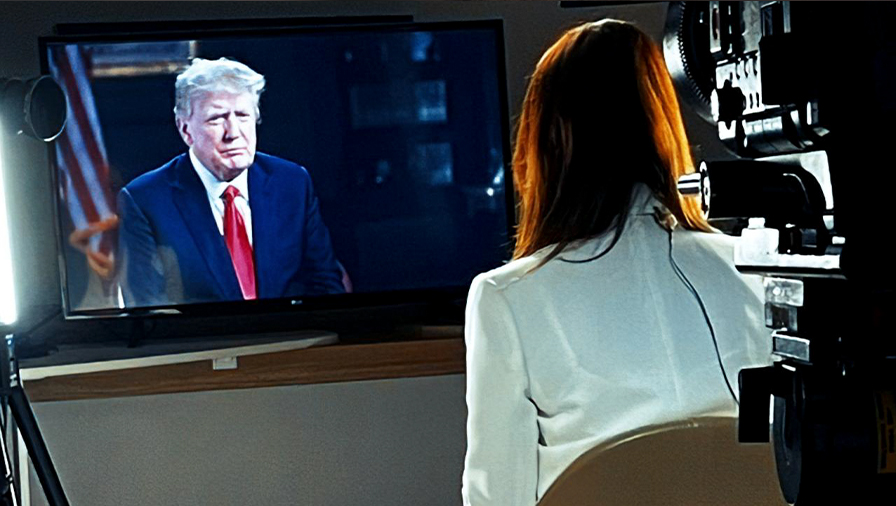
Australian journalist Sharri Markson, backed by Rupert Murdoch’s News Corporation, has raised the profile of the lab-leak case. She fronted a Sky News documentary broadcast on September 20 that presented the findings of her book, What Really Happened in Wuhan, published this week by News Corp-owned HarperCollins.
She interviews key political and intelligence figures from the US and UK as well as Australian virologists. Trump reiterates his lab-leak belief, despite downplaying the seriousness of the pandemic in its early stages. His reasons were to protect the impact of lockdowns on businesses such as the cruise ship industry and the sharemarket.
Leonnig and Rucker report that in mid-April he turned the focus to a cover-up of the “Wuhan flu” by China and the WHO. Trump and Secretary of State Mike Pompeo, a former CIA director, learned the Wuhan Institute of Virology was the world’s largest repository of coronavirus specimens; had a low level of security since the expulsion of French advisers who built the facility; and was possibly using its research into genetic manipulation of viruses for bio-weapon military purposes.
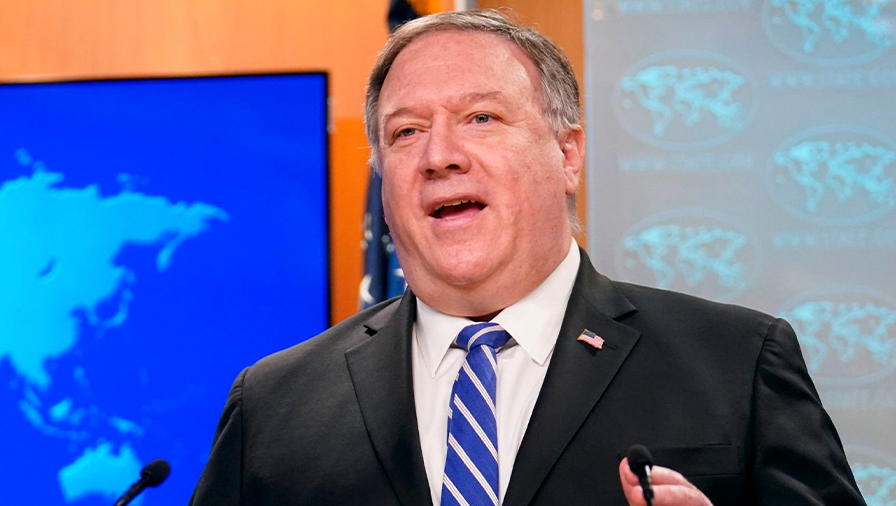
Trump was also advised a cluster of Wuhan lab staff had suffered Covid symptoms in November 2019 and scientists had gone missing – news he couldn’t keep secret. He told White House reporters on April 18, 2020, but “the assessment was greeted with deep suspicion in the scientific community and in the media,” Leonnig and Rucker say.
It was this distrust of Trump, and his unreliability with facts, that kept the lab-leak explanation on the back-burner. As late as June 3, the New Zealand Herald reported two local scientists as saying a lab-made pandemic was unlikely. However, a few weeks later, members of the WHO inquiry team were calling for closer scrutiny of a lab run by the Wuhan Center for Disease Control and Prevention that had been relocated in December 2019, just after the first signs of the outbreak.
Series of coincidences
The coincidences that point to Wuhan’s virus research as the source of the pandemic don’t end there. Australia was the first country to call for an independent inquiry. In response, China imposed a series of targeted trade sanctions worth an estimated A$20 billion a year.
Australia has since taken a case to the World Trade Organisation on the 218% wine tax, and made two other initiatives to curb China on military and economic fronts. These are membership of the Quad, a four-power agreement with the US, India and Japan, and the launch of AUKUS, in which Australia gains access to US and UK nuclear-powered submarine technology.
In turn, China has lodged an application to join the Comprehensive and Progressive Agreement for Trans-Pacific Partnership and confirmed its use of “hostage diplomacy” when last week it released two Canadians, Michael Spavor and Michael Kovrig.
The two men spent more than 1000 days in Chinese custody after being seized just days after Huawei finance chief Meng Wanzhou was arrested in Vancouver. She was last week given a VIP welcome back to China after admitting she deceived lenders on Huawei’s breach of sanctions against Iran, in return for charges against her effectively being dropped.
The Canadians were both put on trial in March. In August, Spavor was sentenced to 11 years in prison, while there had been no decision for Kovrig.
Two Australian citizens of Chinese ethnicity remain in custody there, however. Yang Hengjun was arrested in January 2019 and Cheng Lei, a journalist, was detained in August 2020.
Meanwhile, the Covid-19 commission affiliated with the Lancet scientific journals was disbanded this week because of its association with Daszak and the EcoAlliance, which sponsored US-funded virus research at Wuhan.
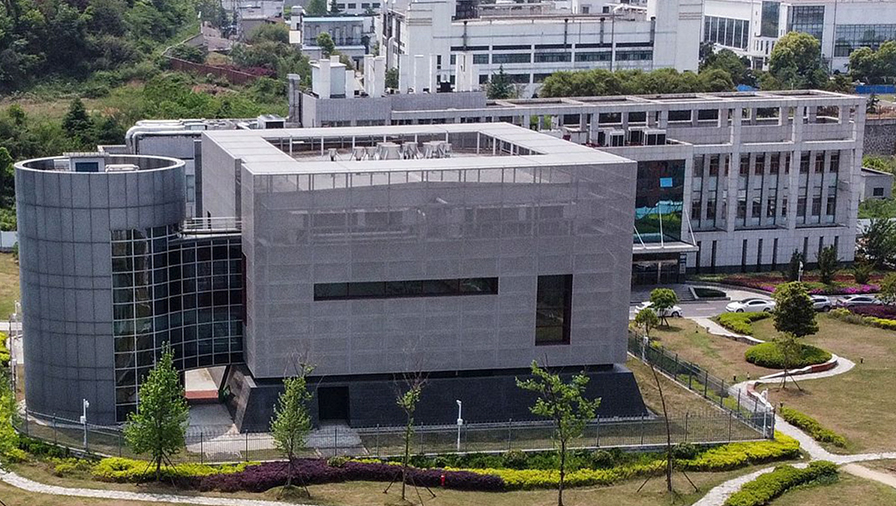
History’s verdict
Trump and Pompeo may feel vindicated by history if the Wuhan affair is ever resolved. Another delayed controversy – special counsel John Durham’s probe into Hillary Clinton’s campaign claims of links between the Trump Organisation and a Russian bank – found decidedly in Trump’s favour.
Trump had pressed for this report to be completed before last year’s election date. However, it didn’t surface until September 16, with Durham indicting Clinton lawyer Michael Sussman for making false statements to the FBI.
The verdict on Trump’s abuse of power, abundantly presented by Leonnig and Rucker in forensic detail, will be more immediate. Their final chapters on the Trump campaign’s management, the false claims of election fraud, the insurrection against Congressional approval and rampage through the Capitol building on January 6, 2021, and the unprecedented breaches of protocol in the handover, are searing in their condemnation.
Only a person not interested in reading books would grant several hours to writers who have described these actions as “catastrophic”. Their book falls somewhere between Michael Wolff’s fanciful account, Landslide: The Final Days of the Trump Presidency, and Bob Woodward’s Peril (co-written with another Post journalist, Robert Costa), the final in a trilogy on the Trump years.
Woodward (with Carl Bernstein) pioneered the “trust me” use of anonymous sources to recreate fly-on-the-wall conversations. Some 200 “insiders” were interviewed for Peril. Leonnig and Rucker interviewed 140, most of them on the record and many revealing new material. They note where their version of conversations and events are challenged by participants. How historians judge the veracity of these accounts remains in the future.
I Alone Can Fix It: Donald J Trump’s catastrophic final year, by Carol Leonnig and Philip Rucker (Bloomsbury)
Nevil Gibson is a former editor at large for NBR. He has contributed film and book reviews to various publications.
This is supplied content and not paid for by NBR
Sign up to get the latest stories and insights delivered to your inbox – free, every day.